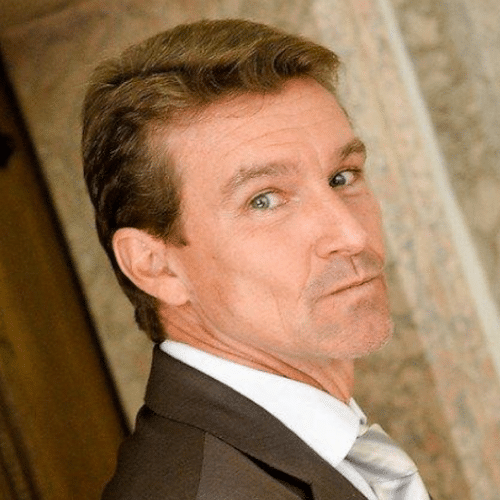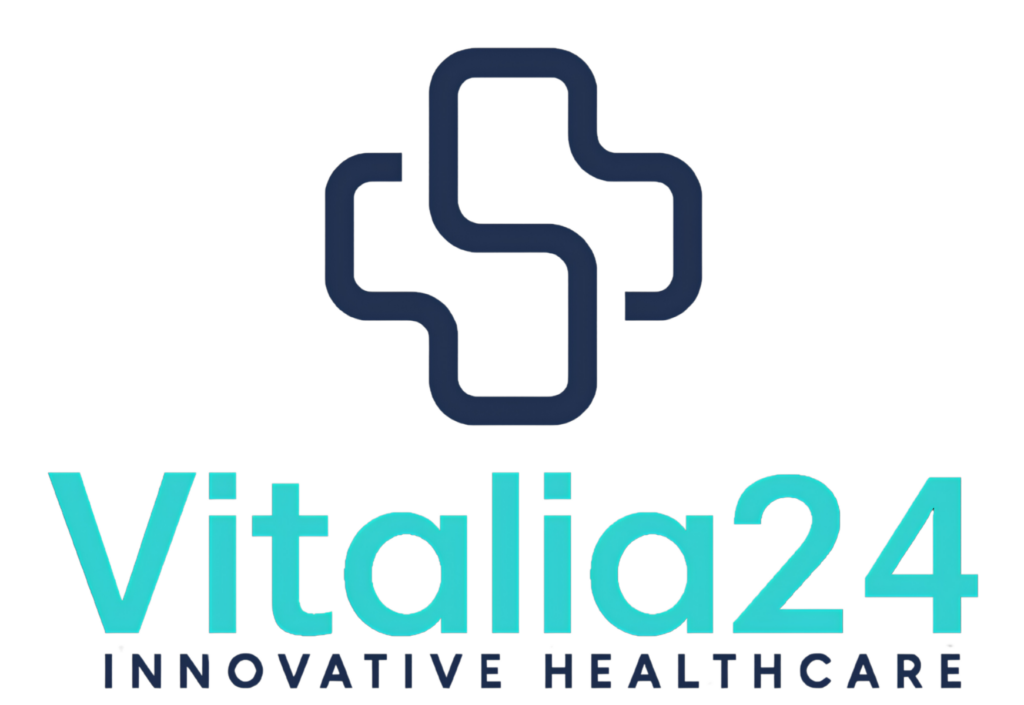Stroke
Stroke treatment has seen promising advancements through the use of stem cell therapy and exosome therapy. These innovative approaches aim to address the limitations of conventional treatments, which primarily focus on preventing further damage and managing symptoms rather than repairing the brain.
Stem cell therapy
Stem cell therapy involves the transplantation of stem cells, which have the potential to differentiate into various cell types, including neurons and glial cells. This capability is crucial for repairing the damaged brain tissue that results from a stroke. Researchers have utilized different types of stem cells, such as embryonic stem cells, induced pluripotent stem cells (iPSCs), and mesenchymal stem cells (MSCs).
These cells can be delivered to the affected brain regions through various methods, including direct injection into the brain or intravenous infusion. Studies have shown that stem cell therapy can promote neurogenesis, reduce inflammation, and enhance functional recovery in stroke patients. However, there are challenges to overcome, including ensuring the survival and integration of transplanted cells, avoiding immune rejection, and preventing the formation of tumors.
Exosome therapy
Exosome therapy is another emerging treatment that leverages the regenerative properties of exosomes, which are small extracellular vesicles secreted by cells, including stem cells. Exosomes contain bioactive molecules like proteins, lipids, and RNA that can modulate cellular processes and promote tissue repair. In the context of stroke, exosomes derived from stem cells have shown potential in reducing inflammation, protecting neurons from apoptosis, and stimulating angiogenesis and neurogenesis. They offer several advantages over direct stem cell transplantation, such as lower risk of immune rejection and easier administration.
Combining stem cell and exosome therapies could potentially enhance the overall effectiveness of stroke treatment by providing both cellular and molecular mechanisms for brain repair. While these therapies are still under investigation, they hold significant promise for improving outcomes for stroke patients and paving the way for regenerative medicine in neurological disorders.
A Professional &
Care Provider

Medical Team
Multilingual Experts

Frank Rothmaier
Founder & Director

Jenny De Bonis
Patient Coordinator
